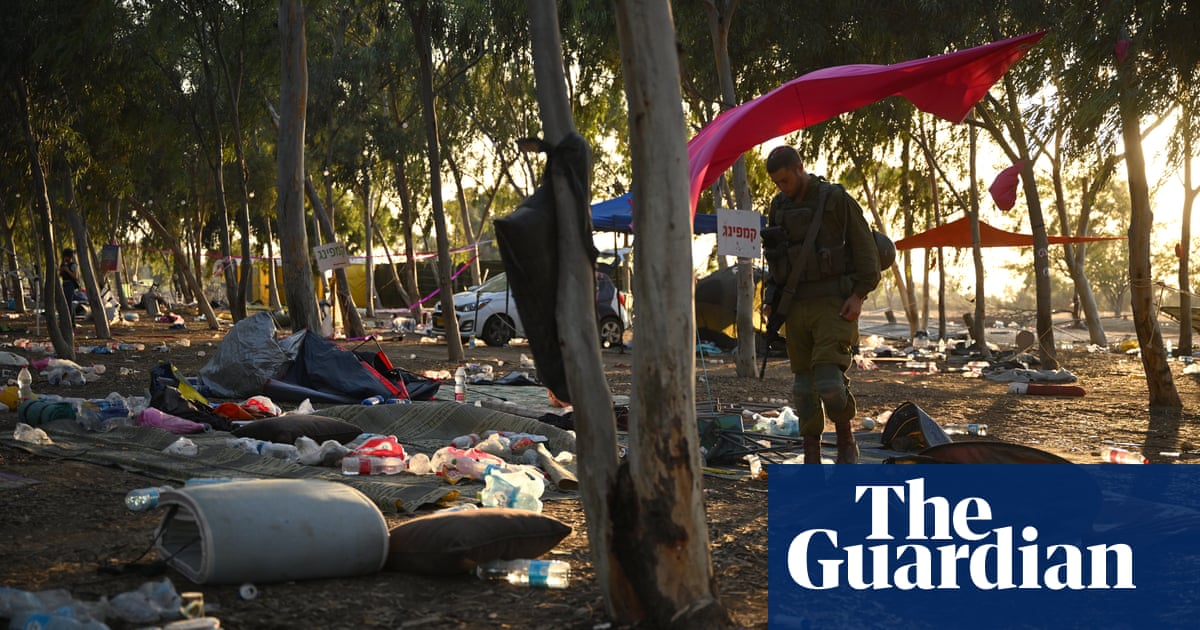 |
|
The devastating Hamas attack on Israel on 7 October 2023 exposed deep-seated flaws in Israeli intelligence and military preparedness. Despite warnings and signs of an impending attack, a collective belief that Hamas had been pacified through repeated conflicts and economic incentives led to complacency and misjudgement. This "concept," as many in Israel refer to it, mirrors the fatal error of the 1973 Yom Kippur War, showcasing a recurring pattern of hubris and a failure to anticipate major threats.
Overreliance on technology, particularly the seemingly impregnable border fence, further contributed to the intelligence failures. A dependence on surveillance and communications interception, without adequate human intelligence sources within Gaza, proved inadequate. Moreover, resources were disproportionately focused on countering rocket attacks and infiltrating Hezbollah, while overlooking the growing threat from Hamas.
Warnings of Hamas training exercises simulating an attack on Israeli settlements were either misinterpreted or disregarded. The significance of a leaked Hamas plan codenamed "Jericho Wall" for a major incursion was downplayed, demonstrating a dismissal of the threat posed by Hamas. Even suspicious activities by individual Hamas commanders were brushed aside as routine.
The IDF's response to the attack was hampered by the lack of readiness and an absence of a central command structure. The initial slow reaction meant reservists played crucial roles in defending communities, highlighting the inadequacy of regular forces. The attack exposed a critical shortage of soldiers, particularly due to the holiday weekend, further compounding the difficulties.
The attack also revealed a significant weakness in the IDF's communication and surveillance capabilities. The loss of critical equipment due to a targeted attack on the main headquarters at Re'im resulted in a breakdown of coordination and information flow, further hindering the response efforts.
The aftermath of the attack has led to public anger and recriminations, particularly directed towards the IDF's slow response and the intelligence failures that allowed the attack to unfold. While many Israelis have hailed the heroism of individuals who bravely stepped up to defend their communities, the attack has left a deep sense of trauma and a need for significant reevaluation of security protocols, intelligence gathering, and military preparedness.
The 7 October attack serves as a stark reminder of the constant threat posed by Hamas and the necessity for vigilant intelligence and robust military capabilities. It also highlights the dangers of complacency and the importance of recognizing and addressing the full spectrum of potential threats, regardless of perceived deterrents.
Source: ‘They told us a big attack wouldn’t happen’: the intelligence failures before 7 October
